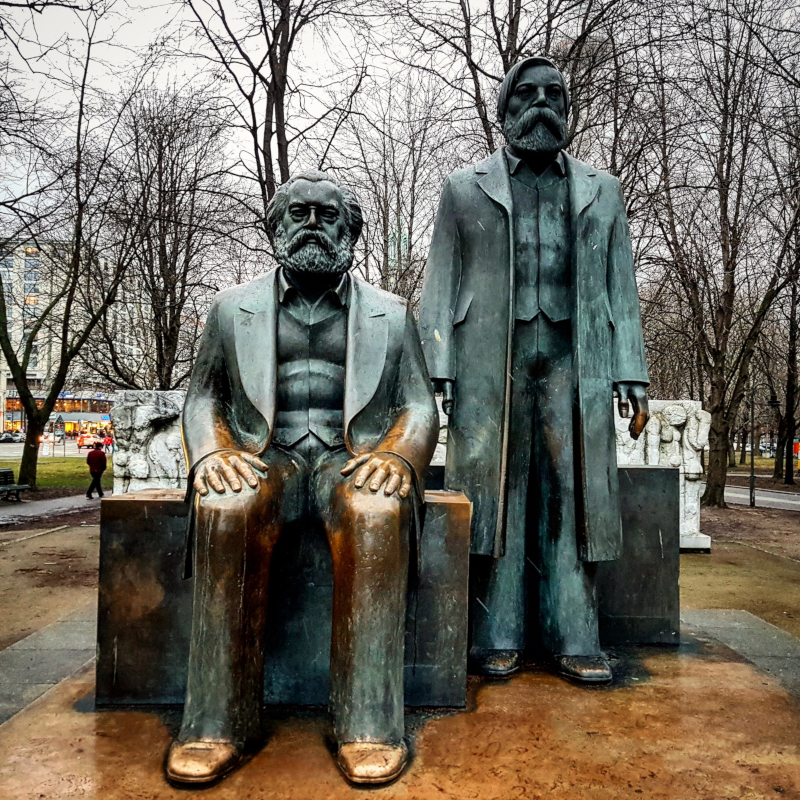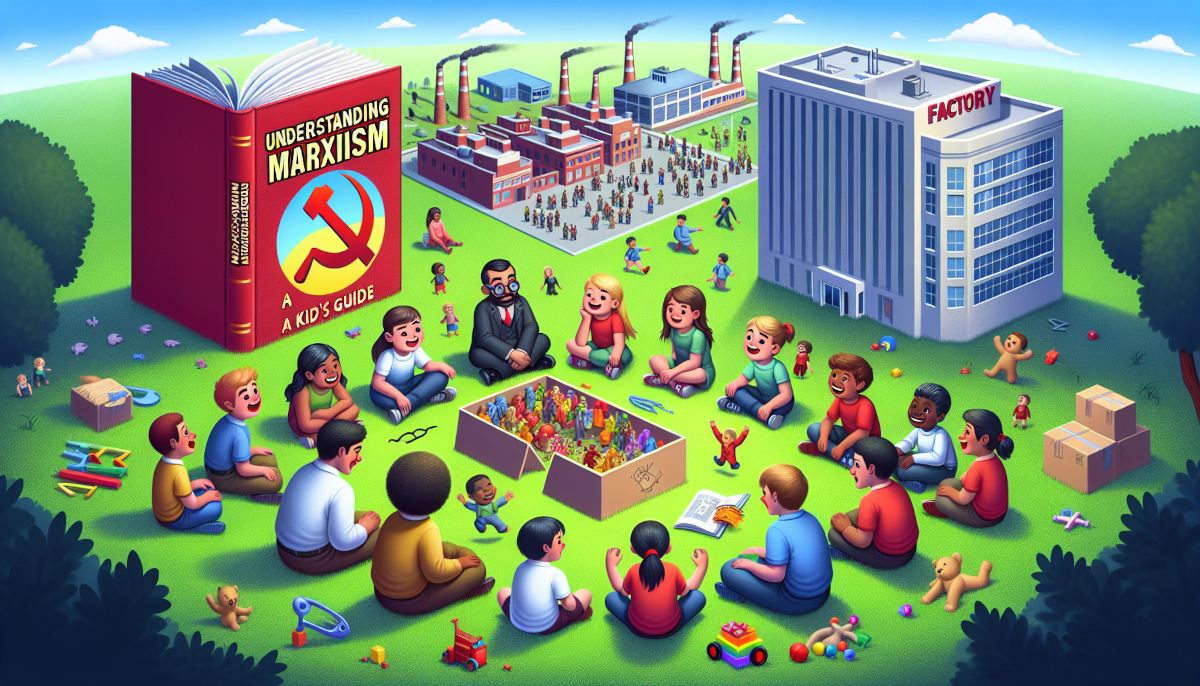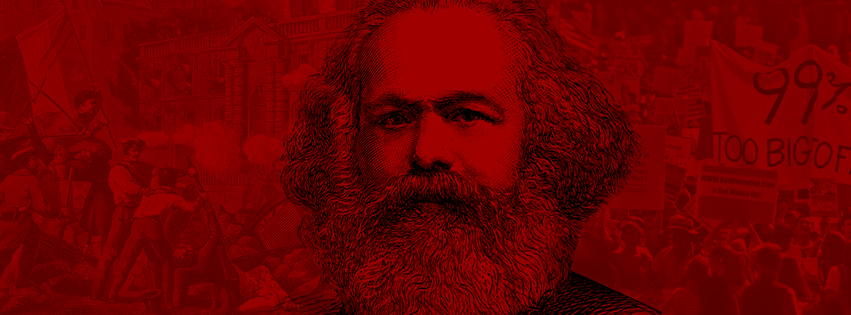Promoting Social Justice and Strengthening Communities
Dedicated to understanding socialism deeply, Marxology explores Marxist thought to inspire societal change. Through insightful analysis and accessible resources, we aim to enlighten and engage individuals, inviting them to reimagine a fairer, more equitable world with informed perspectives and transformative ideas.

Explore Our Blog
Welcome to our blog on Marxism and Marxology! Here, we explore Marx’s ideas, their historical context, and their relevance today. Join us for insights into Marxist theory, analysis, and its impact on society.
-

How might Karl Marx’s theories on imperialism and class struggle apply to the Israel-Palestine conflict?
While Karl Marx passed away long before the establishment of Israel and the current Israel-Palestine conflict, we can explore how…
-

What is marxology ?
Marxology is the careful, in-depth study of the ideas and writings of Karl Marx and his close collaborator, Friedrich Engels.…
-

Understanding Marxism: A Kid’s Guide
Introduction: Hey, kids! Have you ever thought about sharing and making sure everyone is treated fairly? That’s what Marxism is…

Marxism’s Core Principles
Marxism is a comprehensive ideological framework that critiques capitalism and envisions a society free from class divisions. Rooted in the works of Karl Marx and Friedrich Engels, it seeks to understand the economic and social forces that shape human history. At its core, Marxism advocates for the abolition of capitalist exploitation and aims for a revolutionary transformation towards a classless, equitable society. These are the core principles of Marxism.
1. Historical Materialism
History is driven by changes in the economy, especially how goods are produced. Societies evolve through stages (feudalism, capitalism, etc.) based on their economic structures, with the economy shaping all other social institutions.
2. Class Struggle
Society is fundamentally divided into classes with opposing interests: the bourgeoisie (owners) and the proletariat (workers). This conflict drives social change, as workers fight against exploitation by capitalists.
3. Labor Theory of Value
The value of a product is determined by the labor required to produce it. Capitalists exploit workers by paying them less than the value their labor adds, pocketing the difference as profit.
4. Surplus Value and Exploitation
Surplus value is the extra value workers create beyond their wages, which capitalists keep as profit. This is the basis of economic exploitation under capitalism, where profit is made at the workers’ expense.
5. Alienation
Workers become alienated in capitalist societies because they have no control over their labor, the products they create, or their working conditions. This leads to a loss of fulfillment and human potential.
6. Dialectical Materialism
Social change happens through conflicts between opposing forces (thesis and antithesis), leading to a new synthesis. This process explains how societies evolve through the resolution of contradictions.
7. Revolution and the Dictatorship of the Proletariat
Marx believed capitalism would collapse due to its contradictions, leading to a worker-led revolution. In the transitional phase, the working class would seize control of the state to abolish capitalism, eventually paving the way for a classless society.
8. Abolition of Private Property
Marxism calls for the elimination of private ownership of the means of production (factories, land, etc.) to end economic inequality. Instead, resources would be collectively owned and controlled for the common good.
9. Critique of Ideology
The ruling class controls ideas and beliefs (like in media and education) to maintain their power. This creates a “false consciousness” among workers, preventing them from realizing their exploitation.
10. Communism as the End Goal
The ultimate goal of Marxism is a classless, stateless society where resources are distributed based on need, not profit. In this ideal communist society, everyone contributes according to their abilities and receives according to their needs.
